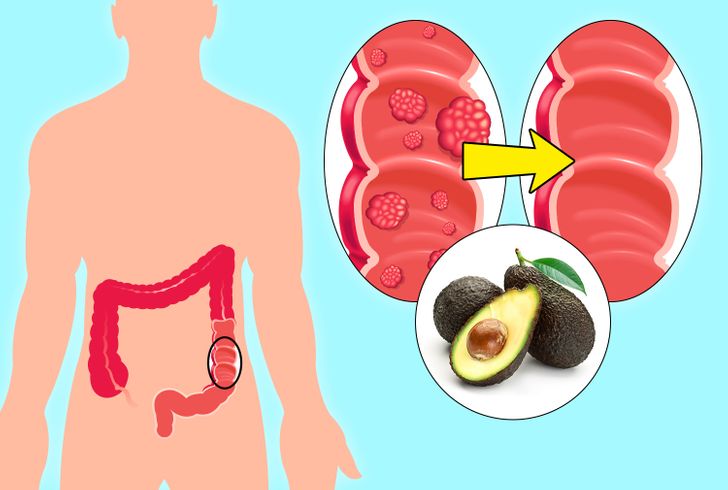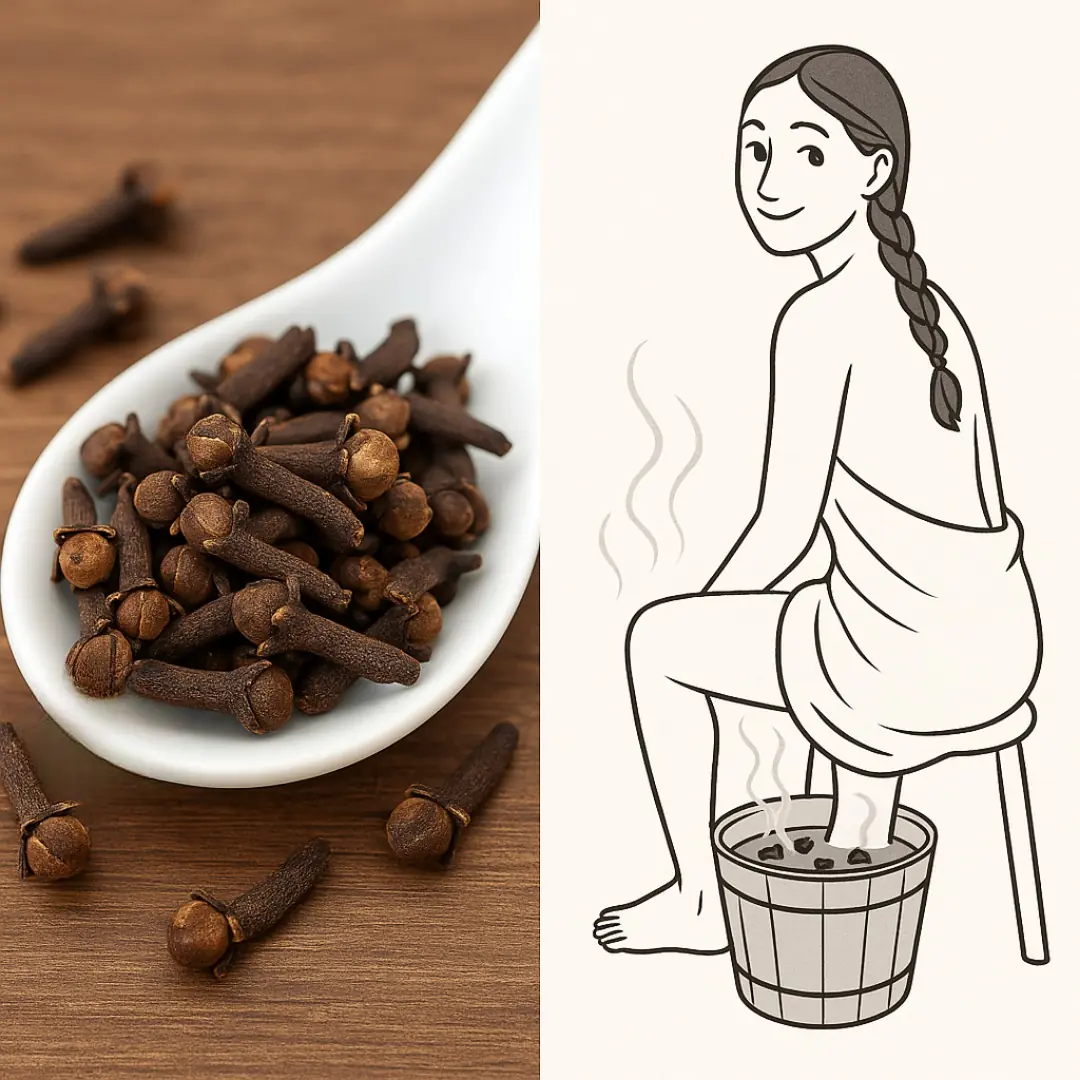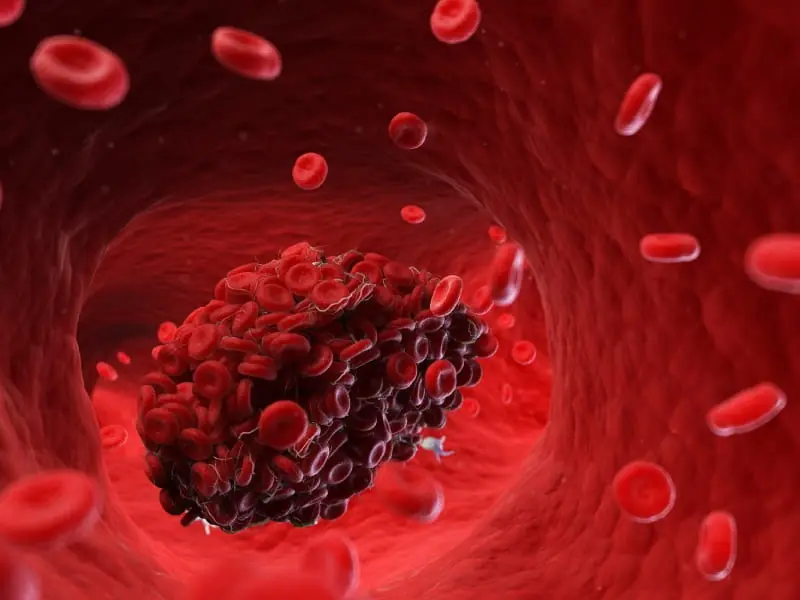
Scientifically Proven Health Benefits of Avocado and Avocado Seeds
Scientifically Proven Health Benefits of Avocado and Avocado Seeds
I just love it when I can eat food that not only tastes delicious but is also incredibly nutritious and healthy. That perfectly describes the avocado. It’s a true superfood, and unlike some others that are challenging to consume, avocado is yummy and can be prepared in countless ways.
For a long time, many people indiscriminately counted calories and feared fats, leading them to avoid this wonderful fatty fruit. But now the verdict is in: the fats avocado contains are healthy for you, and rigid calorie counting is often overrated. So, it's official: you can enjoy avocados to your heart’s content. Here are some compelling, science-backed reasons why:

Health Benefits of Avocado (The Fruit)
Avocados Are Rich in Carotenoids
Carotenoids are natural plant pigments and powerful antioxidants. Some types can be converted into vitamin A, which is essential for eye health. Carotenoids are fat-soluble, meaning they need a fatty environment to be absorbed. When you eat a fat-rich avocado alongside other fruits and vegetables containing carotenoids, your body can utilize these antioxidants more effectively. Adding a few slices of avocado to your salad is a great way to do this.
Avocados Make You Feel Full and Help You Lose Weight
This fact might seem surprising given the fruit’s caloric value (half a medium-sized avocado contains about 138 calories). However, because avocado promotes feelings of fullness, you tend to eat less overall. Avocado also contains oleic acid, which activates the part of the brain responsible for satiety. What's more, recent research indicates that eating healthy unsaturated fats can genuinely support your dieting efforts.
Good for the Heart and Reduce the Risk of Heart Attack
Since avocados are an excellent source of healthy fats, they boost your "good" cholesterol levels – high-density lipoprotein (HDL) cholesterol. Higher HDL numbers are always desirable as HDL prevents heart disease and stroke. If you have a family history of heart attack, ensure you keep avocados stocked in your kitchen.
Avocados Lower Your Bad Cholesterol Levels
Just as avocados increase HDL or ‘good cholesterol,’ they also help reduce LDL or ‘bad cholesterol.’ The oleic acid in avocados contributes to lowering your overall cholesterol levels, particularly the damaging LDL cholesterol, which is a major factor in cardiovascular disease. If you are struggling with high cholesterol levels, avocado could be a beneficial addition to your diet.
Avocados are High in Folate and Reduce the Risk of Birth Defects
This is particularly relevant for pregnant women, who need to take folic acid supplements. Avocado is very rich in folate, a vitamin that helps prevent birth defects. One cup of avocado contains a quarter of your daily recommended intake. Folic acid is also crucial for cell health, as it prevents cell changes that could lead to cancer, so everyone should consume enough of it.
Not Many Chemicals Can Touch Avocados So They Are Safe to Eat
If you’re concerned about pesticides in your food, you’ll be happy to hear that due to their thick skin, avocados are highly resistant to pesticide contamination. Additionally, they are less prone to insect attacks, meaning fewer pesticides are used in their cultivation in the first place. Indeed, avocados were on the top of the list of fruits and vegetables with the least pesticides for 2018.
Avocados Have Anti-Cancerous Properties
Avocados contain plenty of phytonutrients that increase the amount of antioxidants in your body. These antioxidants fight free radicals, which have the potential to cause cellular damage that may lead to cancer. Avocados may inhibit oral cancer and prostate cancer, as well as some other malignant diseases.
Good Source of Essential Vitamins and Minerals
Did you know that avocados contain more potassium than bananas? They are also rich in vitamin K, vitamin B5, and vitamin B6. They also hold a substantial amount of vitamin C. Vitamin C is an antioxidant and is important for maintaining a strong immune system.
Avocados Are Rich in Dietary Fibers
Consuming enough fiber is essential for gut and overall health. With avocado, constipation can become a worry of the past. Dietary fibers also help reduce cholesterol and blood sugar levels. The good news is that one avocado contains almost half of your daily recommended intake of fiber.
Improve Brain Function and May Help Prevent Dementia
I saved my favorite avocado health benefit for last. Who would think that eating guacamole could improve your brain function? Well, research suggests avocados are right up there with blueberries in promoting brain health. They contribute to healthy blood flow and reduce blood pressure, ensuring your brain is nourished without interruptions. High blood pressure is often associated with cognitive decline, so keeping it within normal values will help keep your brain cells in optimal shape as you age.
Avocados Have Anti-Inflammatory Properties
Avocado helps prevent inflammation in the body, especially problems involving arthritis, due to several factors. It contains phytosterols, a major component of avocado fats. These phytosterols are important supporters of our inflammatory system, helping to keep inflammation under control. Additionally, its high content of carotenoids and other nutrients is a key factor in the anti-inflammatory properties of this fruit.

The Surprising Health Benefits of Avocado Seeds
While avocados are delicious fruits with a wealth of health benefits, many people discard the large seed. However, the avocado seed has surprising health benefits and may even contain the key to combating a type of cancer called acute myeloid leukemia (AML).
What is Acute Myeloid Leukemia (AML)?
Acute myeloid leukemia (AML) is a form of cancer that affects the bone marrow. AML causes cells in the bone marrow to become abnormal and not mature properly, leading to an excess of a certain cell type—called myeloid cells—in the bone marrow and bloodstream, leading to leukemia. As an acute form of cancer, it can spread and grow rapidly, infiltrating blood, the lymphatic system, internal organs, and reproductive organs if not treated in time.
Risk factors for AML include male gender, age 65 and older, chemical exposure, cigarette smoking, prior history of cancer, and prior exposure to radiation. Symptoms can include difficulty breathing, bone and joint pain, bleeding disorders, frequent infections, and fatigue.
The Research on AML and Avocado Pit
A recent study published in the April 2015 issue of the Cancer Research journal had an astonishing outcome: a compound contained within the pit of the avocado fruit showed anti-cancer properties against AML. A group of scientists from the University of Waterloo and Mount Sinai Hospital in Canada, and the University of Perugia in Italy, explored the effects of several different previously untested compounds on the growth and spread of cancer cells.
They administered several hundred natural health remedies to acute myeloid leukemia cells in vitro (in a lab dish) to see if any of the remedies were truly as effective against cancer as some claimed. The results were amazing: a compound in the avocado pit, called avocatin B, was found to be incredibly effective against AML cancer cells compared to the myriad other compounds tested in the study.
The researchers then injected acute myeloid cells exposed to avocatin B into mice. They compared the cells' ability to grow and develop in the bone marrow with acute myeloid cells that had not been exposed. Not only did the avocatin B compound kill off AML cancer cells, but it was able to do so without having any noteworthy effect on normal blood cells—something that standard chemotherapy treatments cannot boast. This means that one simple compound from the pit of the avocado could potentially kill cancer cells without negatively impacting a patient’s quality of life the way traditional treatments often do.
What Could the Research Mean?
This study has identified a compound that may lead to a new drug for treating AML. While there is still a long way to go, it’s incredible to think that this one part of the avocado—a part often discarded by many avocado-loving, health-conscious people—could hold the key to treating AML without harsh side effects, opening the door to better quality of life and improved survival outcomes for AML patients. Dr. Paul Spagnuolo, who spearheaded the research project, has applied for a patent in the hopes of using avocatin B in a forthcoming cancer-fighting drug that could potentially change the face of AML treatment forever, if effective in vivo.
Other Surprising Health Benefits of Avocado Seeds
Being a major combatant against an often-deadly form of cancer is impressive enough, but did you know that avocado seeds can help your health in other ways too?
Antioxidant Properties
The antioxidants contained within the avocado seed can help lower blood cholesterol and blood pressure, keep diabetes at bay, and boost the body’s natural immune response. A study by the National University of Singapore published in Food Chemistry in December 2004 concluded that avocado seed has an even greater level of antioxidant activity than the more commonly eaten parts of the fruit, and the seeds may contain more than 70% of the antioxidants found in the entire fruit.
Anti-Inflammatory Properties
The antioxidants in avocado pits can help reduce inflammation, which can aid in healing joint pain and keeping other inflammatory conditions in check. Research done by Pennsylvania State University and published in Current Pharmaceutical Design in 2013 found that the phenolic antioxidant compounds in the seeds may lower high cholesterol, high blood pressure, diabetes, and reduce inflammatory conditions. The research also found that the seeds have insecticidal, fungicidal, and anti-microbial properties.
High Fiber Content
Avocado seed has a very high content of soluble fiber, which is important for digestive health as well as for heart disease patients, as it helps lower cholesterol levels. A high-fiber diet is one of the best ways to prevent constipation.
High Potassium Level
Avocado seed is very high in potassium, which is greatly important for our body. The level of potassium declines as the fruit matures and is higher when the avocado is not yet ripe.
Using Good Fat to Do Away with Body Fat
Because of the high “good fat” content of the avocado and its pit (as well as the high fiber content mentioned above), consuming avocado seeds can help you feel more full, paving the way to lose body fat without having to sacrifice the feeling of satiety that is often associated with many diets. Adding an avocado—seed included—per day can help keep cravings away.
How to Get the Benefits of the Hard Avocado Pit Into Your Body
It’s no wonder many people look at the avocado pit and hesitate to eat it: it’s large and hard. But by splitting it open with a good butcher knife and chopping it into smaller chunks, you can get your avocado seed ready to be blended into any smoothie of your choice.
It is virtually tasteless when blended with stronger-flavored fruits and veggies, yet it’s packed with nutrients that offer healing for your whole body. Make sure to use a super strong and heavy-duty food processor for blending the avocado seed.
Some people dry out the seed by leaving it in sunlight on a windowsill and then make a powder. Others grate the seed to add to sauces or use as a seasoning over food. You can also purchase avocado seed powder at your local health food store or online.
Eating avocado and utilizing its seed can be a powerful addition to your healthy and natural diet! You’ve got nothing to lose, so consider incorporating an avocado seed into your healthy routine!
News in the same category


How to Tell If You Have Intestinal Parasites and What to Do About That

An Eye Specialist Explains What To Do If You Begin To See “Floaters”

10 W@rning Signs It’s Time to Cut Back on Caffeine

5 Early Signs of Colon Cancer You Shouldn’t Ignore

Scientists Discover Body’s ‘Kill Switch’ Capable of Destroying Cancer Cells

Native American High Schooler Discovers Cancer-Fighting Properties in Traditional Chokeberry Pudding

Be Careful If You’re Farting More Than 25 Times a Day—It Might Be a Sign Your Body is Trying to Warn You
Passing gas up to 25 times a day can be considered normal - but when you notice a sudden increase, especially if it's paired with discomfort or other symptoms, it's time to tune in.

The Healing Benefits of Cloves: Natural Remedies for Improved Wellness

13 Warning Signs of High Blood Sugar and 9 Ways to Take Control of Your Health

If You Have These Tiny Red Dots On Your Arm, Do Not Ignore The Warning Signs

The Truth About “Old Person Smell”: What Causes It And How To Get Rid Of It

Scientifically Proven Health Benefits of Lemons (Including Lemon Water)

If you drink cucumber water every morning, this is what happens to your body

If You Notice a Dark Ring Around Your Neck, Go See Your Doctor Immediately! This Is What It Means

Health Food & Nutrition Beauty Aromatherapy Animals

Cardiologists Say This Common Habit Is a Blood Clot Risk

‘Ghost Boy’ Wakes Up From Coma After Being Trapped For 12 Years—What He Heard the Whole Time Will Haunt You

What Staying Up Late Every Night Really Does to You—Massive 24,000 Person Study Reveals the Truth
News Post

A Young Woman Was Found Dead During A Long-Distance Bus Journey—With 26 iPhones Glued To Her Body

8 Foods That Help Eliminate Cancer Cells

Hacker with 30 years experience reveals the one thing we need to be worried about in the future

Man who spent 10,000 Bitcoin on two pizzas in 2010 could've been eye-wateringly well off today

How to Tell If You Have Intestinal Parasites and What to Do About That

An Eye Specialist Explains What To Do If You Begin To See “Floaters”

A Double Cheeseburger and 75 Years of Love.
It was just a regular evening at Wendy’s. I had stopped in for a quick bite—nothing fancy, just a double cheeseburger, fries, and a moment of peace before heading home.

My Own Daughter Stole My Retirement Savings to Buy a House for Herself

People Share the Best Cases of Instant Karma They've Witnessed

4 Intriguing Stories Where Karma Delivered Unexpected Payback

My Stepfather Left Me His $640K Estate While My Mom and Stepsister Got $5K Each – What They Did When the Will Was Read Shocked Me

40-Year-Old Parrot Waits Alone for 2 Weeks in Empty Home, Collapses After Finally Being Rescued

The Meteor That Changed Two Lives: A Story of Unlikely family

Michael Clarke Duncan: A Giant of Strength, and Heart.

A New Pair of Shoes— and a Lesson in Kindness.

A New Pair of Shoes—and a Lesson in Kindness.

I Set Off in My RV to Scatter My Mother’s Ashes But Met a Man Who Revealed a Shocking Family Secret

After 14 Years of Marriage, I Found My Husband’s Second Phone—Then a Message Popped Up, ‘Can’t Wait to See You Again Tonight’

Is the Green Ring on Your Egg Dangerous? Experts Reveal the Truth
If you are one of those people who prefer their eggs hard-boiled, you have certainly noticed that green color ring around the yolk.